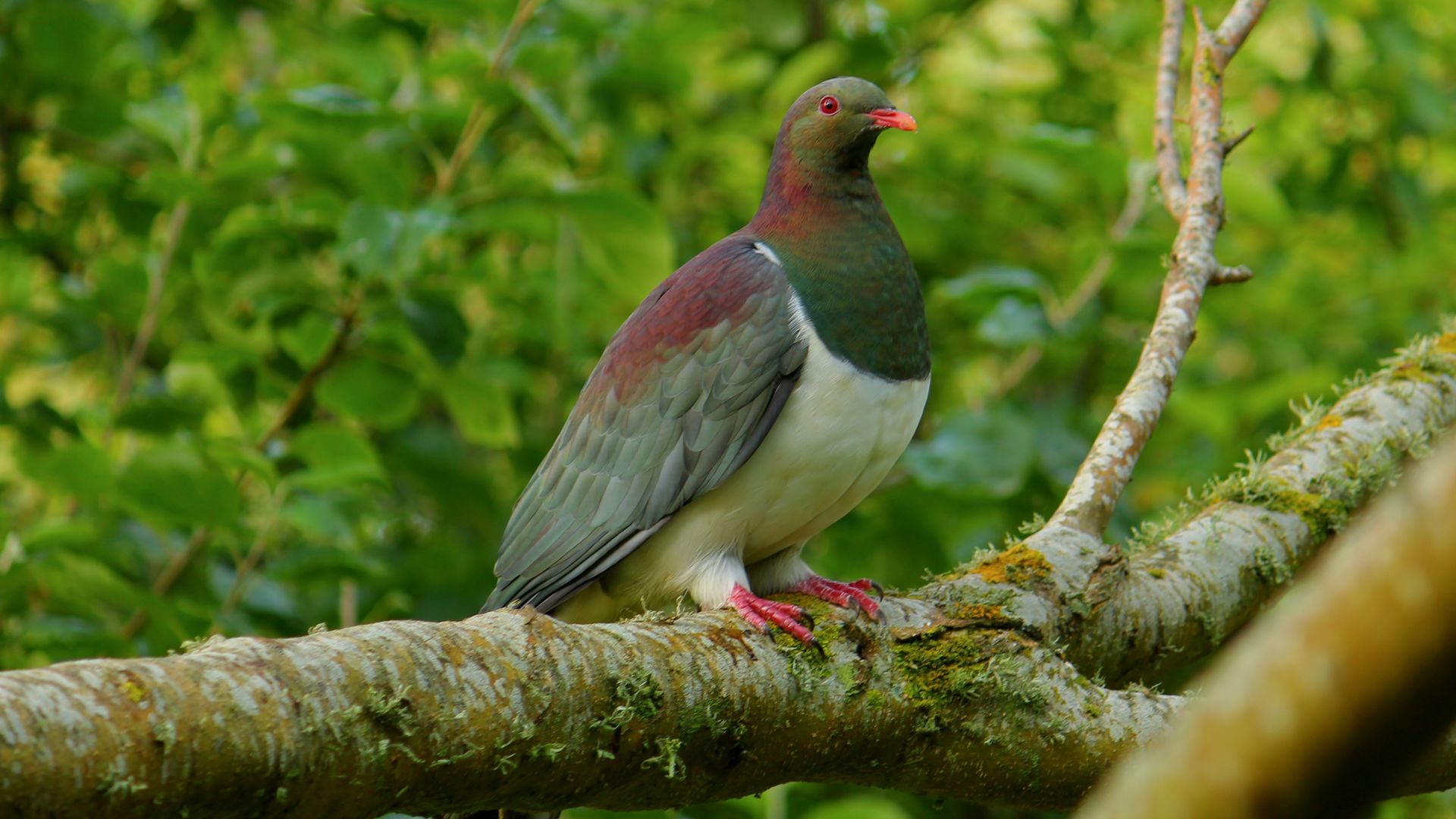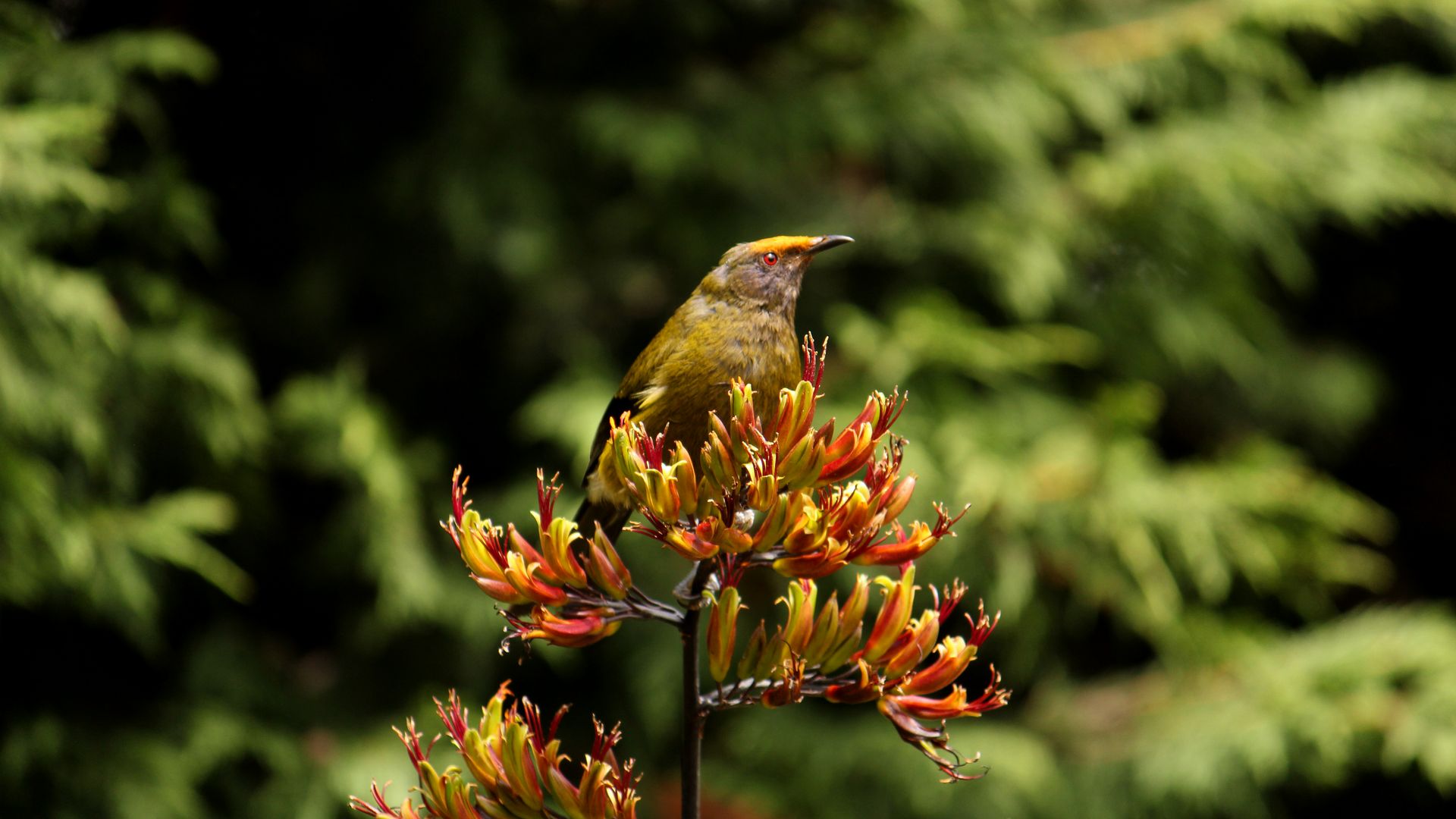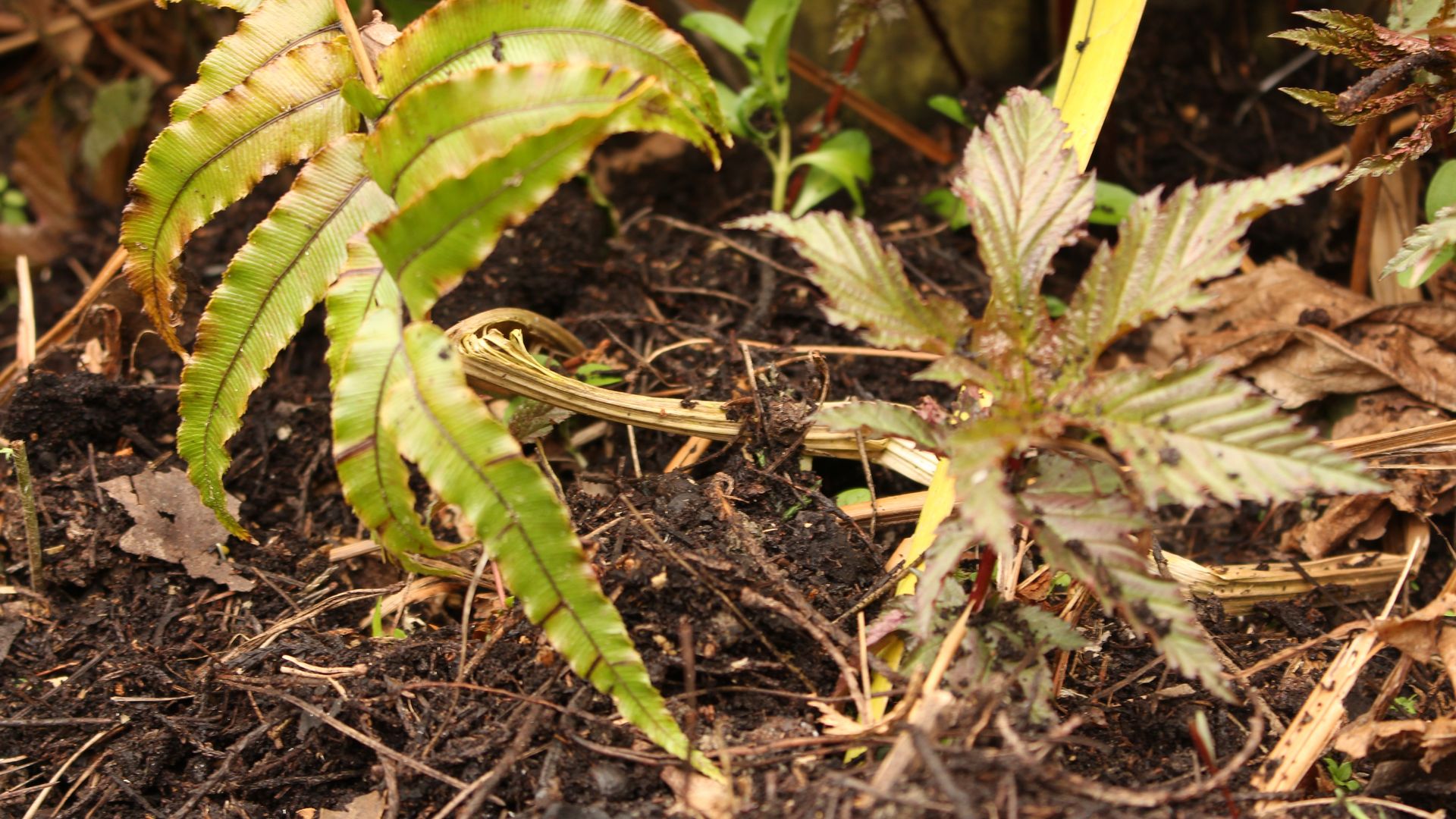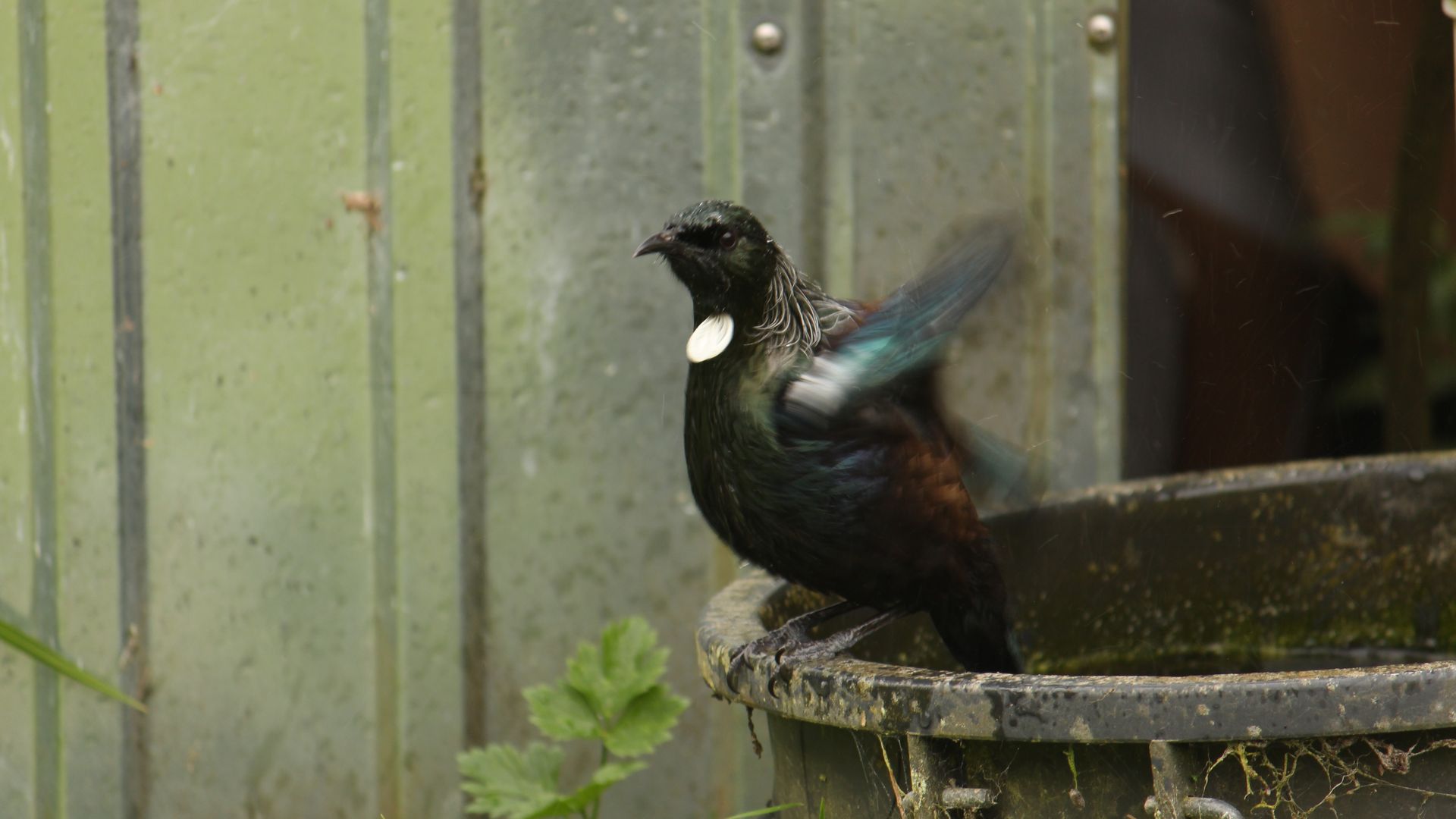To feed or not to feed
There has been a bit of controversy recently about feeding birds, and what not to do, so we thought that this was a good and timely subject for a blog post.
While many of us enjoy providing habitat and food for wildlife in our home gardens, both to give nature a much needed helping hand and also because it’s fun watching the comings and goings, there are definitely some guidelines that we all need to be aware of to keep our feathered visitors healthy and happy.

Feeding Stations
Knowing the diet of the birds you want to attract is key to encouraging them to your garden. NZ natives don’t eat grains and seeds, but introduced birds like sparrows and finches do. There is a list of natives at the end of this article and what they like eat.

Do
- Provide fruit, especially apples, oranges, mandarins and pears, cut into halves
- Provide sugar water in winter, at a ratio of 1 cup sugar dissolved in 6 cups water. If you continue with this over summer then make it a lot weaker, 1 cup sugar to 8 cups water. Birds will then also seek out nectar from flowers ensuring they get the balance of nutrients they need, rather than just a sugar hit. A weaker brew is also less attractive to wasps, but also bees, who need the essential nutrients provided by flowers, too.
- Provide lard/fat. Not all birds like lard, but insect eaters like silvereyes do.
- Include plants in your garden that provide a natural food source, like fuchsia, kowhai, banksias, grevilleas, coprosmas and tree lucerne.
- Mulch your garden and leave leaf litter to rot on the ground. This provides food for insects, which in turn provide food for birds, lizards and frogs.
- Clean feeding stations regularly, ideally every time you top them up. Mould grows very quickly, especially on sugary residue, and makes birds sick, just like it does us.
While you are perfectly entitled to feed introduced birds, do be aware that by boosting their population they can become dominant (particularly sparrows). They will then out-compete our less aggressive, shy natives, like the grey warbler. With this in mind here are the Don’ts.
Don'ts
- Don’t put out seed or grain, unless you are feeding introduced birds like chaffinches, sparrows, greenfinches etc.
- Don’t provide bread. While the odd crust from your toast (soaked in water) will do no harm, definitely don’t go out and buy bread specifically for feeding birds. Just like us, birds fill up on bread and feel full, then don’t think they need anything else. This is a bad thing, as they won’t seek out natural, nutritious food (sound familiar?) and become malnourished, developing vitamin deficiencies and deformities.
- Don’t provide honey water, this can spread bee diseases. Bees are already facing multiple difficulties and definitely don’t need any more. Only use sugar.
- Don’t put out porridge or cooked oats. The birds may love it, but it can harden around their beaks. Just think about what it does in an unsoaked pot and you get the idea. Uncooked oats are okay.
Don’t forget to also put fresh water out during hot weather, for drinking and for bathing. Check it frequently and keep it clean, no-one likes bathing in dirty bath water.

Favourite Foods for Natives
Tauhou/Silvereyes insects, fruit,nectar
Kereru fruit,foliage
Korimako/Bellbird nectar,fruit,insects
Piwakaka/Fantail insects
Riroriro/Grey Warbler insects
Tui nectar,fruit,insects

What our other guests had to say
Beautiful tiny house surrounded by nature
Veronica, Queenstown
Wonderfully friendly hosts with helpful local knowledge, great location, and clean and cozy space! Much thanks!
Libby, California
It was great being in a rural setting but also so close to Owaka with shops & a 4 Square supermarket. This was a great base for exploring the Catlins over three days or so. The tiny house was definitely small, but it was also very modern and comfortable.
George, Auckland
